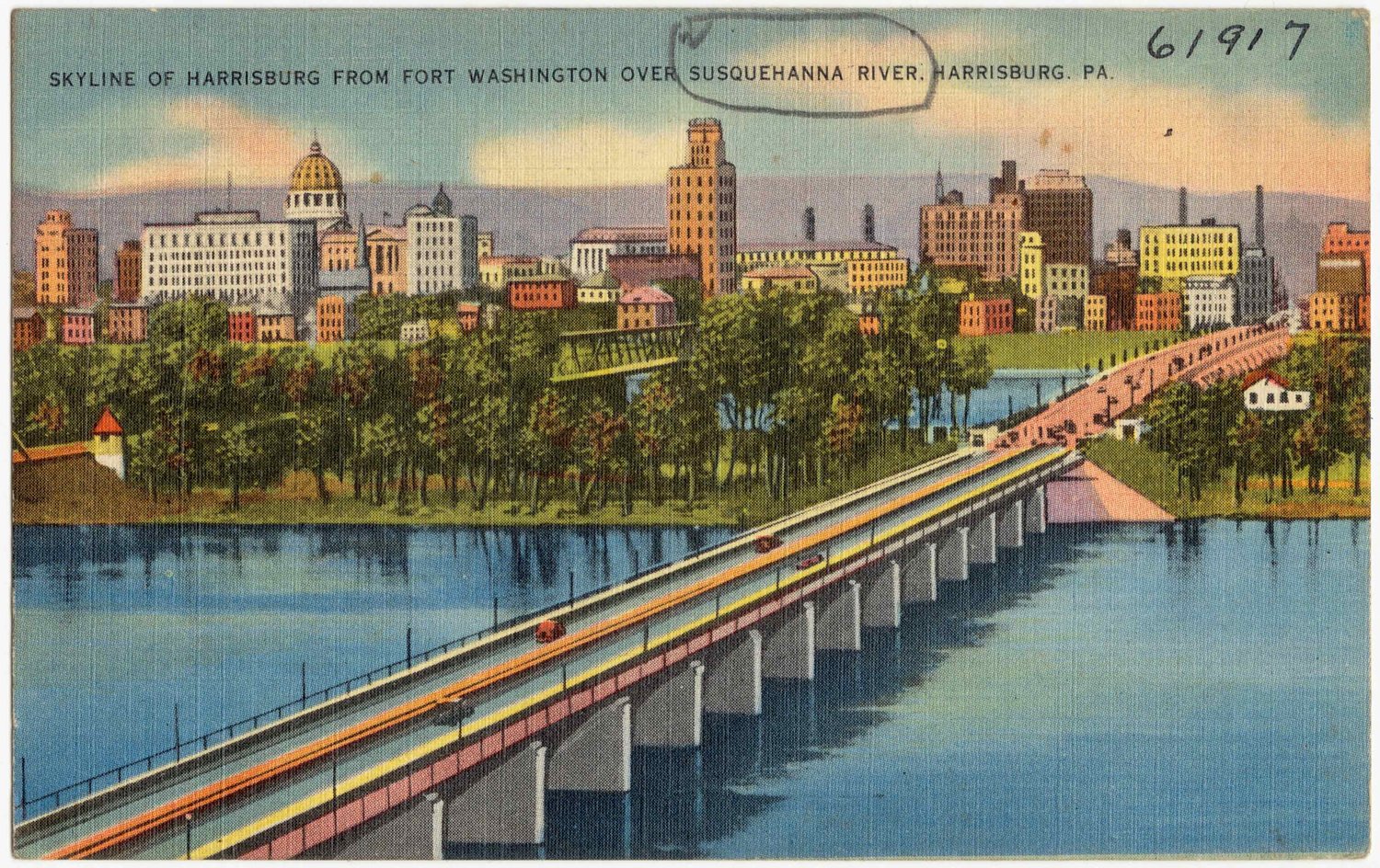Perhaps I am missing some of the details, but one thing that was clear to me, is that there doesn't appear to be anything in the bill to really incentivize development over holding, both for underutilized sites without re-zoning in place, as well as sites which have been rezoned and are not being acted upon (read: developed and occupied). Aside from the fact that the market has slowed today, even when it was roaring, many developers sat on thousands of approved units, as well as sites which were clearly destined to be developed. Some of them even sat on sites while they battled for lower property tax before releasing the project. All legal of course, but it does show how most developers don't really have any interest in developing unless they can achieve these maximally profitable use, and the maximally profitable timing. If there is no incentive from a tax side to push these things along, that to me is a problem. (Maybe it was in there and I missed it? Then again with Ford, I feel like this isn't a concern of his either.)
Another concern I have is how does any of this really help get anyone other than people who can afford current price points, in to housing. I think the portion of sales currently (multi-res market) is primarily investor driven given where we are sitting today. Flippers, and speculating end purchasers.
I will just add a comment that when I searched some contractors for a laneway suite (exploratory research) we were getting quotes from 100-300k. When I do my proforma to test how that plays out financially, it's not great, excluding reversion at the end if I were to sell with the new suite as well.
Hope I didn't take that too OT. ADHD info dump for ya with apologies. Happy to hear your thoughts.







/cloudfront-us-east-1.images.arcpublishing.com/tgam/GPKZMLAW4ZMV5BPUFIBME5NFXA.jpg)